
The Growing Role of Waterproof Temperature Sensors in Smart Appliances and Cold Chain Logistics
In today’s interconnected world, the demand for precise and reliable temperature monitoring has never been higher. Waterproof temperature sensors, particularly those utilizing TPE (Thermoplastic Elastomer) and NTC (Negative Temperature Coefficient) technologies, are at the forefront of this revolution. These sensors are transforming industries such as refrigeration, freezers, aquariums, and IoT

Why Custom Temperature Sensors Are the Future of Precision Monitoring 🌡️⚙️
In today’s rapidly evolving industrial landscape, precision temperature monitoring is more important than ever. Off-the-shelf sensors often fail to meet the unique demands of specialized applications, leading to inefficiencies, inaccuracies, and reduced equipment lifespan. This is where custom temperature sensors come into play — offering tailor-made solutions that elevate performance,
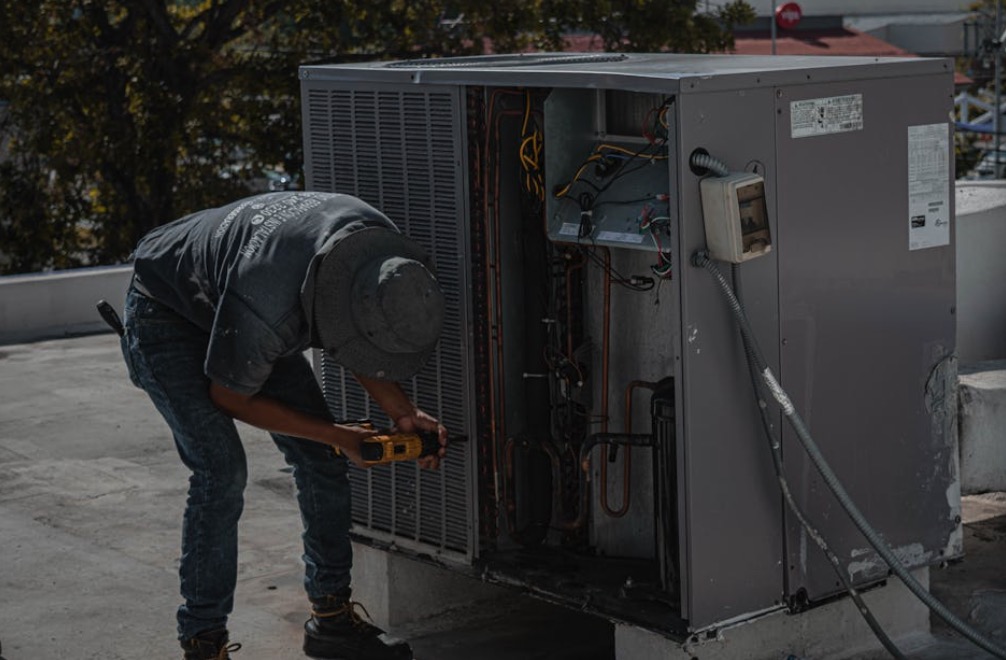
How to Choose Between PT100, Thermocouple, and NTC Sensors
When it comes to measuring temperature in various applications, selecting the right sensor is critical for achieving precision, reliability, and efficiency. Among the most popular options are PT100 sensors, thermocouples (such as the Type K thermocouple), and NTC sensors. Each of these has unique characteristics that make it suitable for

Type K vs. Type J Thermocouple: Which is Better for Your Application?
When selecting a thermocouple for temperature measurement, two of the most common choices are Type K and Type J. Both have distinct advantages and limitations depending on the environment and specific industrial applications. Understanding their differences is essential to choosing the right thermocouple for your needs. This article provides a
How to Extend Thermocouple Lifespan in High-Temperature Environments
Thermocouples are essential tools in high-temperature industrial applications, providing accurate temperature measurements critical for process control and safety. However, their lifespan can be significantly affected by harsh operating conditions. This article explores strategies to extend the lifespan of thermocouples in high-temperature environments, supported by industry case studies and insights. Understanding
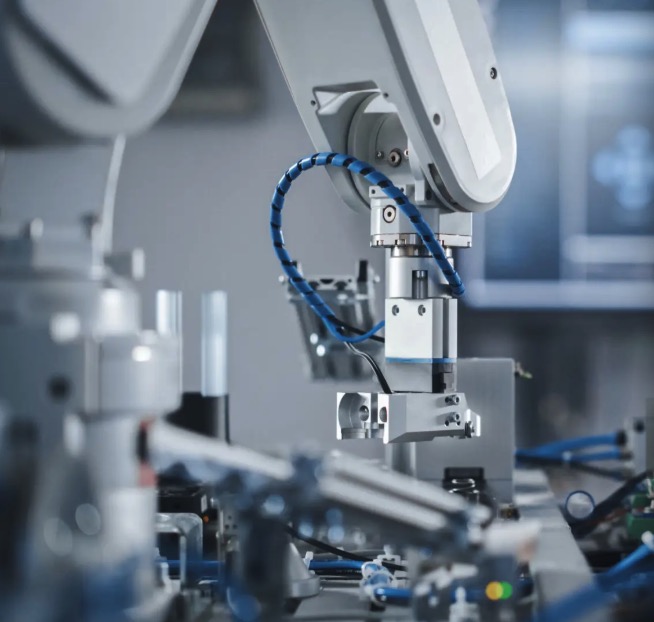
How to Choose the Right High-Accuracy Temperature Sensor: PT100, Thermocouple, or NTC?
Selecting the appropriate temperature sensor is crucial for achieving accurate and reliable measurements in various applications. Three commonly used sensors are PT100, thermocouples (specifically Type K), and NTC thermistors. Each has distinct characteristics that make them suitable for specific scenarios. PT100 Sensors PT100 sensors are a type of Resistance Temperature
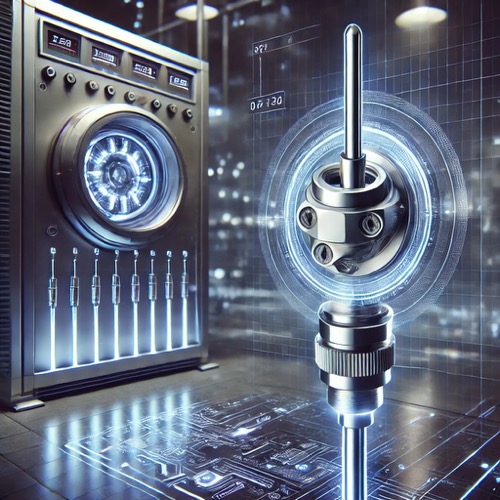
Understanding Thermocouple Calibration: Why It’s Crucial for Accuracy
In industries where temperature plays a critical role in process control, the ability to measure temperature with high precision is essential. Thermocouples are among the most widely used temperature sensors due to their versatility, robustness, and cost-effectiveness. However, for them to provide accurate and reliable readings, proper calibration is vital.
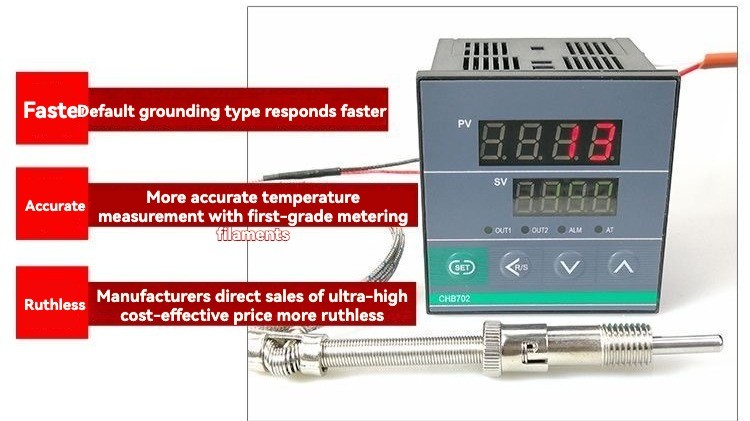
Why High-Temperature Thermocouples Are Essential for Extreme Environments
In industries where temperature measurement plays a crucial role, high-temperature thermocouples are indispensable tools. These sensors are engineered to operate efficiently in environments where extreme temperatures, ranging from hundreds to thousands of degrees Celsius, need to be monitored precisely. Thermocouples, in particular, are essential for ensuring the accuracy of temperature
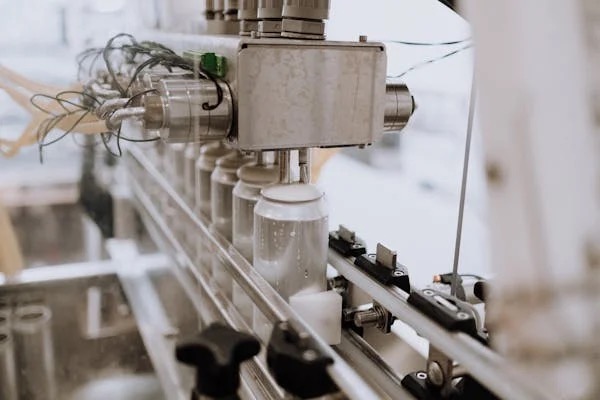
The Engineer’s Guide to Preventing PT100 Sensor Failures in High-Vibration Environments
When it comes to temperature measurement in industrial settings, PT100 sensors are renowned for their accuracy, stability, and wide temperature range. However, in high-vibration environments—such as manufacturing plants, automotive testing, or heavy machinery—these sensors can face significant challenges that lead to premature failure or measurement inaccuracies. In this guide, we’ll

How IoT is Revolutionizing Temperature Monitoring: A Game Changer for Industries
The Internet of Things (IoT) has been transforming various industries, and one area where its impact is particularly significant is in temperature monitoring. By integrating temperature sensors with IoT technology, industries can now collect, analyze, and act on real-time temperature data, revolutionizing how temperature-sensitive processes are monitored and controlled. This
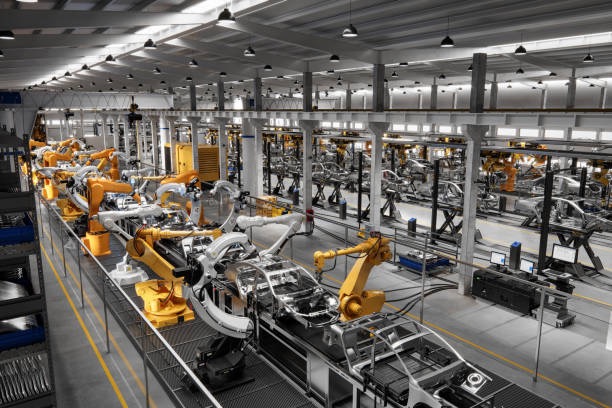
5 Key Factors in Selecting PT Sensors: A Comprehensive Guide
When it comes to temperature measurement, PT sensors are among the most reliable and accurate choices, especially in industrial and commercial applications. From HVAC systems to industrial RTD sensors, choosing the right PT sensor can significantly impact the performance and longevity of your systems. In this article, we will cover
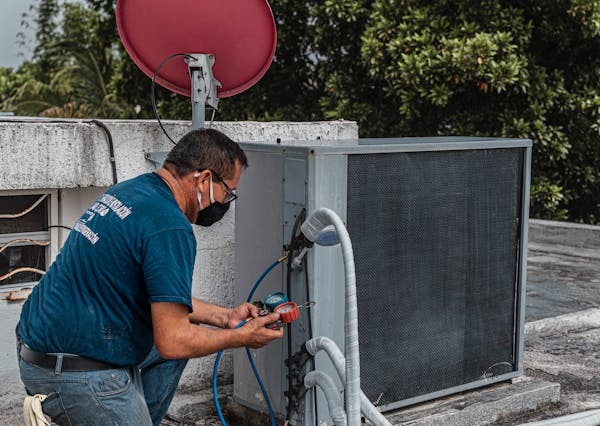
How to Choose the Right PT Sensor for HVAC Systems?
When it comes to HVAC (Heating, Ventilation, and Air Conditioning) systems, accurate temperature monitoring is essential for maintaining comfort, efficiency, and energy savings. One of the most reliable and widely used temperature sensors in HVAC applications is the PT sensor, specifically the PT100 sensor. But with a variety of PT

